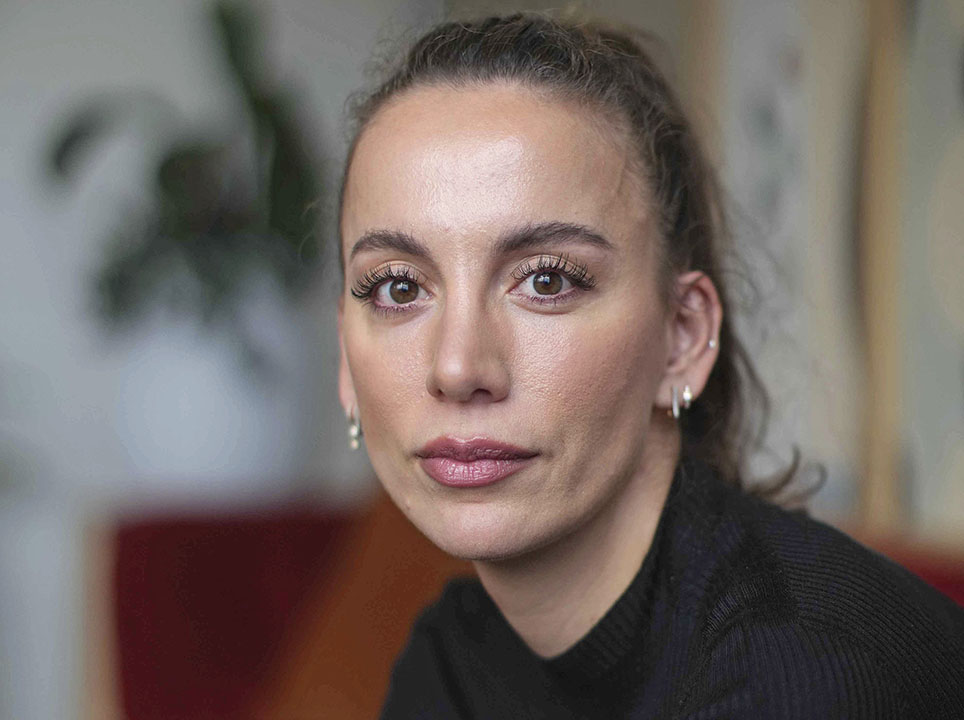Overview of Her Departure
Mira Murati has stepped down from her role as Chief Technology Officer at OpenAI, adding her name to a list of notable departures from the company. After six impactful years with the organization behind ChatGPT, Murati expressed that her time at OpenAI was “an extraordinary privilege” but described her decision to leave as “difficult.”
Statement from Mira Murati
In a post on X, Murati explained, “There’s never an ideal time to walk away from a place one cherishes, but the moment feels right. I want to create the time and space to do my exploration.” This statement reflects her desire for personal growth and new opportunities.
Response from Sam Altman
OpenAI CEO Sam Altman shared a heartfelt tribute on X, highlighting Murati’s significant contributions to the company. He stated, “It’s hard to overstate how much Mira has meant to OpenAI, our mission, and to us all personally. I feel tremendous gratitude towards her for what she has helped us build and accomplish.”
Murati’s Contributions to OpenAI
At just 35 years old, Murati played a crucial role in the development of ChatGPT and oversaw the launches of other key projects, including the image generator DALL-E and the AI code generator Codex. Her departure follows a brief stint as interim CEO after Altman’s ousting last November.
Leadership Changes at OpenAI
Following Murati’s exit, Altman has appointed Mark Chen as Senior VP of Research and Josh Achiam as Head of Mission Alignment to facilitate a smooth leadership transition. Murati’s resignation follows those of co-founders Greg Brockman (currently on extended leave) and John Schulman (who has joined competitor Anthropic), along with other notable team members. Earlier this year, co-founder Ilya Sutskever also left the company after internal disputes.
Future of OpenAI
This leadership shakeup coincides with OpenAI’s launch of the new Strawberry AI model, aimed at enhancing the “thinking” capabilities of generative AI chatbots. The company is focused on addressing issues related to “hallucinations”—instances where AI generates convincing yet incorrect content—while striving to improve the accuracy of responses.

